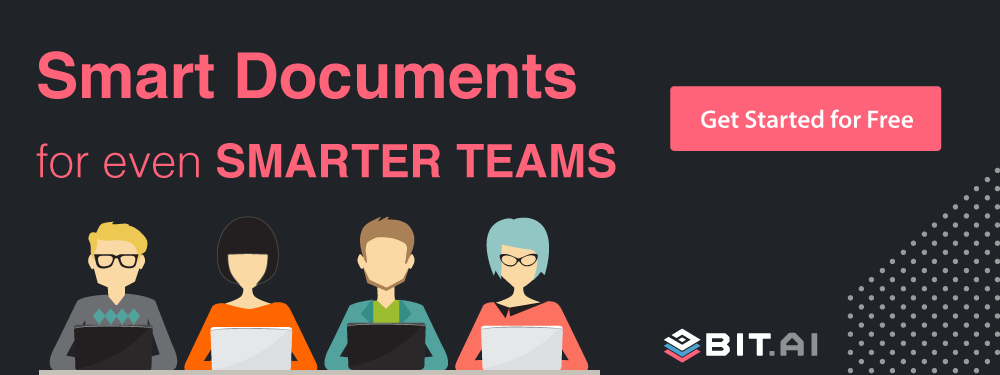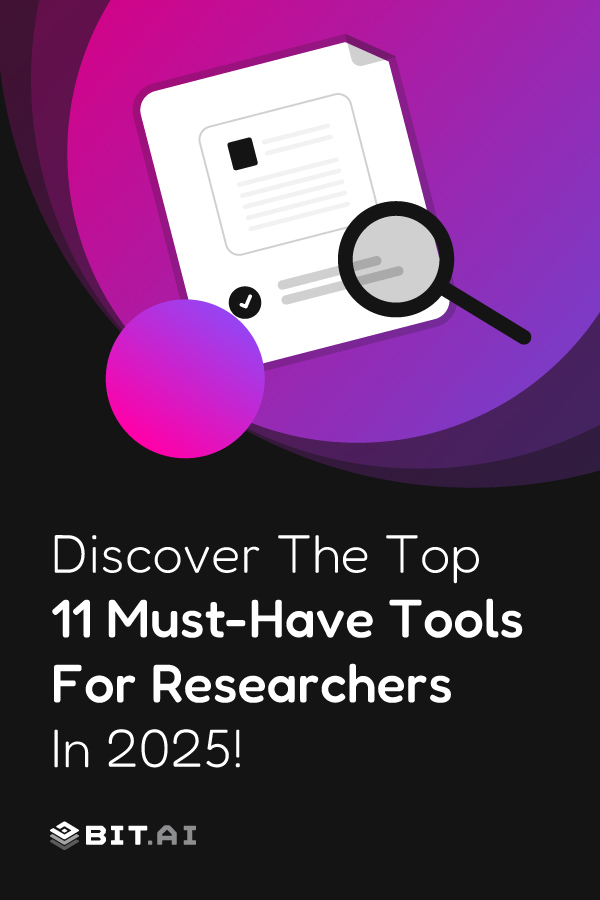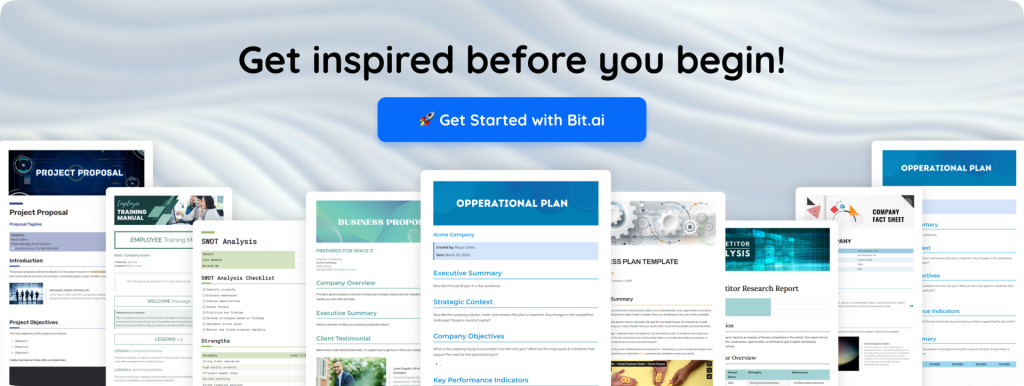The Future of Research is Smarter, Simpler, and More Exciting
Research in today’s time is evolving faster than ever, and the way we gather, organize, and analyze information has changed completely. Thanks to technology, researchers no longer have to spend hours flipping through stacks of books, manually writing down citations, or getting lost in a sea of documents. Instead, powerful tools take care of these time-consuming tasks, giving researchers more time to focus on what truly matters—their discoveries.
But with so many tools out there, which ones are truly game-changers? That’s exactly what we’re here to explore. From organizing references and analyzing data to improving writing and working with teams, we will talk about tools that help make research faster, smoother, and more enjoyable.
So, whether you’re a student tackling your first major paper or a seasoned academic working on groundbreaking research, these tools will help you stay organized, save time, and work more efficiently. Grab a cup of coffee, get comfortable, and let’s dive in!
Why These Research Tools Are a Game-Changer for Researchers?
Research today isn’t just about collecting information—an essential part of doing research is about managing it well. The right tools help keep everything in one place, automate repetitive tasks, and make collaboration effortless. Some tools help you organize your notes and references, others make writing and editing more polished, and some even use AI to suggest ideas and summarize information.
List of 11 Must have Research Tools:
Whether you’re struggling to keep track of your sources, need help structuring your paper, or want to analyze data more efficiently, there’s a tool designed to make your life easier.
In this article, we’ll be exploring the top 11 must-have digital tools for researchers. These tools span across multiple categories—AI-powered assistants, reference management software, data analysis platforms, and collaboration hubs…read on to know more 🙂
1. Bit.ai – The Ultimate Research Documentation & Collaboration Tool
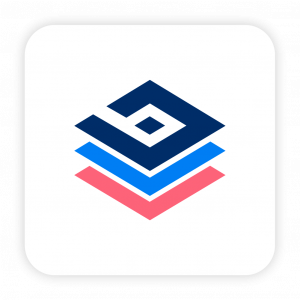
Research isn’t just about gathering data—it’s about structuring, analyzing, and presenting it in a way that sparks understanding and innovation. Bit.ai, the smartest document collaboration platform, redefines research documentation by transforming static notes and papers into dynamic, interactive hubs of knowledge.
Whether you’re working solo or collaborating with a global team, Bit.ai streamlines your workflow with its smart features, ensuring that every piece of research is well-organized, visually engaging, and easy to share!
- Smart Documents: Move beyond plain text with interactive documents that support embedded videos, PDFs, charts, and links, making research more engaging and accessible.
- Wiki-Style Knowledge Repositories: Create a centralized, searchable research database where teams can store, update, and access critical insights in an organized manner.
- AI Genius: Leverage AI-powered writing assistance with it’s 300+ prompts to summarize findings, generate research insights, and enhance content structure with intelligent suggestions.
- Smart Integrations: Connect seamlessly with many brilliant apps, including Google Drive, OneDrive, and 100+ more, ensuring that your research data flows smoothly across platforms.
- Customizable Templates: Save time with pre-designed research templates for reports, proposals, literature reviews, and more, making documentation effortless and structured.
- Document Tracking & Insights: Get analytics on document views, engagement, and edits, helping researchers understand who is accessing their research, how much time is being spent on it, etc.
- Smart Collaboration: Work in real-time with co-authors, research teams, or supervisors, with inline comments, version history, and document tracking for seamless teamwork.
- Organized Workspaces: Manage multiple research projects efficiently with separate, structured workspaces to avoid clutter and enhance productivity.
2. Zotero
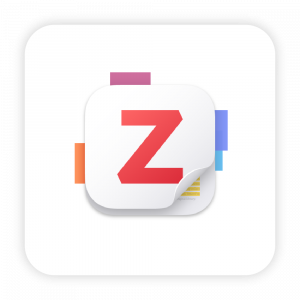
Citations are one of the most tedious parts of academic writing—but they don’t have to be. Zotero is an intuitive, open-source reference manager that automatically collects and organizes citations from books, journal articles, and websites.
Whether you’re dealing with APA, MLA, or Chicago, Zotero handles formatting for you—so you can focus on research instead of wrestling with bibliography rules. Best of all? It syncs across devices, so your references are always at your fingertips.
Key features:
- Automatically collects and organizes citations from books, journal articles, and websites.
- Seamlessly integrates with Microsoft Word and Google Docs for in-text citations.
- Supports multiple citation styles, including APA, MLA, and Chicago.
- Syncs across devices, so your references are always within reach.
- Browser extension for one-click citation saving—no more manual copying and pasting!
3. EndNote
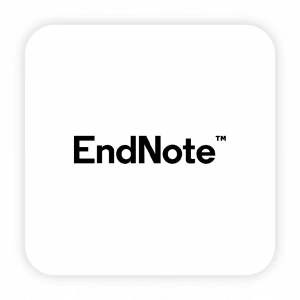
For researchers handling extensive bibliographies across multiple projects, EndNote is a powerful AI-driven reference manager that simplifies research organization.
Beyond just storing citations, it suggests relevant references, allows teams to share libraries, and automates bibliography creation in any style you need. If you’re working on a long-term project, EndNote ensures that all your sources are meticulously organized—saving you from last-minute citation scrambles.
Key features:
- Stores and organizes references in an easily searchable library.
- AI-powered citation suggestions help you find the most relevant sources.
- Collaboration tools let research teams share and edit reference libraries.
- Integrates with major word processors for seamless citation insertion.
- Cloud storage ensures accessibility anytime, anywhere.
4. Mendeley – Research Paper Organization, Simplified

Juggling hundreds of research papers can feel overwhelming, but Mendeley makes it effortless. It’s more than just a reference manager—it’s a personal research assistant that lets you highlight and annotate PDFs, organize them into folders, and even discover new papers tailored to your interests.
If you want a tool that keeps your research materials in order, Mendeley is a game-changer.
Key features:
- Highlight and annotate PDFs directly within the app
- Organize research papers into custom folders for easy retrieval
- Sync your references across multiple devices so you never lose a paper
- Built-in academic, social network to connect with fellow researchers
- Integrates with Word and LaTeX for smooth citation management.
5. Google Scholar

Tired of sifting through unreliable sources? Google Scholar is your shortcut to high-quality research. With millions of academic papers, books, and conference proceedings, it helps researchers find credible sources fast. Plus, it tracks citation counts, allowing you to measure the impact of papers and stay updated on the latest advancements in your field.
Key features:
- Advanced search filters to refine academic queries
- Tracks citation counts to measure a paper’s impact
- Finds open-access versions of paywalled articles
- Email alerts for new research in your field
- Integrates with citation managers like Zotero and EndNote.
6. Scopus
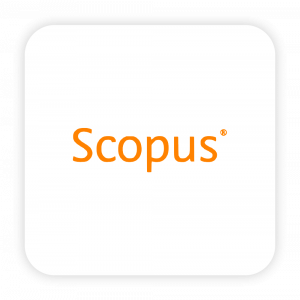
Want to keep up with cutting-edge academic trends? Scopus is a powerful citation and abstract database designed to help researchers track the influence of studies, discover new research, and evaluate journal rankings. It’s the perfect tool for anyone who needs comprehensive insights into their field.
Key features:
- Comprehensive access to peer-reviewed literature from multiple disciplines
- Tracks citations and research impact with detailed author metrics
- Evaluates journal rankings to help you publish in top-tier journals
- AI-powered recommendations suggest relevant research papers
- User-friendly interface for easy discovery of new studies.
7. ResearchGate

ResearchGate is more than just a repository of papers—it’s a global research community.
It allows you to share your work, discuss ideas, and connect with researchers worldwide. If collaboration and visibility matter to you, this is the platform to be on.
Key features:
- Upload and share your research papers with the global academic community
- Connect with fellow researchers to exchange ideas
- Track your publication metrics, including reads and citations
- Request full-text access from authors
- Join Q&A forums to discuss and troubleshoot research challenges.
8. Grammarly

Even the most experienced researchers make writing mistakes. Grammarly acts as your personal editor, offering real-time grammar, clarity, and style suggestions to ensure your academic work is professional and polished. It’s an absolute must for researchers who want to communicate ideas effectively.
Key features:
- Advanced grammar, spelling, and punctuation checks
- Tone and style suggestions tailored for scholarly writing
- Plagiarism detection to maintain research integrity
- AI-powered rewrites to improve readability
- Integrates seamlessly with Word, Google Docs, and browser extensions.
9. Overleaf

If you work in STEM fields, chances are you use LaTeX. Overleaf makes LaTeX accessible to everyone—even those who find coding intimidating. Whether you’re writing a thesis or publishing in a journal, Overleaf simplifies complex document formatting and supports real-time collaboration.
Key features:
- Cloud-based LaTeX editor with real-time collaboration
- Pre-made journal-specific templates for research paper submissions
- Version control to track document changes
- BibTeX integration for automatic citation management
- Handles complex equations and formatting effortlessly.
10. NVivo
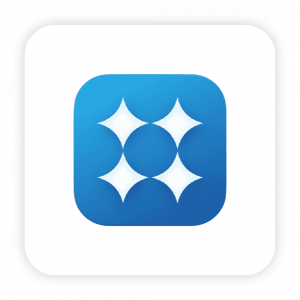
Analyzing interviews, surveys, or open-ended responses? NVivo provides powerful tools to categorize, code, and identify patterns in qualitative data.
If your research involves human behavior, trends, or thematic analysis, NVivo is indispensable.
Key features:
- Advanced coding tools to organize qualitative research
- Data visualizations for spotting trends
- Integration with survey and social media data for deeper insights
- AI-powered text analysis to uncover key themes
- Collaboration features for research teams.
11. IBM SPSS
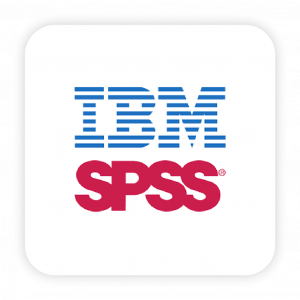
When your research involves data-driven conclusions, IBM SPSS is your go-to tool for advanced statistical analysis. From predicting trends to analyzing large datasets, SPSS makes complex number-crunching easy.
Key features:
- Performs advanced statistical tests with an intuitive interface
- Predictive analytics to forecast research trends
- Generates detailed reports and visualizations
- Integrates with Excel, Python, and R for extended functionality.
Key Takeaways (Because We Know You Love Lists)
- Research Shouldn’t Be a Headache – Automate what you can, so you can focus on the discoveries, not the drudgery.
- Collaboration is the Name of the Game – Whether it’s co-authoring on Bit.ai or sharing ideas on ResearchGate, teamwork makes the research dream work.
- AI is Your go-to tool – Let tools like Bit.ai and Grammarly help you refine, summarize, and polish your work to perfection.
- Your Research Deserves to Look Good – Static, dull documents are a thing of the past. With Bit.ai, make your research as visually compelling as it is insightful.
- The Right Tools Make All the Difference – Why struggle when you can streamline? Use the best research tech and watch your efficiency (and sanity) soar.
Wrapping Up
Let’s face it—research isn’t just about deep thinking and eureka moments. It’s also about wrestling with citations, decoding endless data, and trying (sometimes desperately) to keep track of everything. But with the right tools, you don’t have to do it all alone!
From Zotero saving you from citation chaos to Grammarly acting as your personal research sidekick, these top market research tools ensure you stay ahead of the game. And if documentation has ever felt like a chore, Bit.ai turns it into an engaging, collaborative experience—because why should research papers be boring?
So, whether you’re knee-deep in qualitative analysis, drafting your next big publication, or just trying to make sense of mountains of data, these tools are here to make your life easier, smarter, and dare we say… even fun? So, go forth and research!
FAQs
1. Which is the best amongst the AI tools for research?
Bit.ai stands out as the ultimate AI-powered research tool. It goes beyond writing assistance by offering smart, interactive documents, seamless collaboration, AI-powered automation, and 100+ integrations, making research documentation effortless and dynamic.
2. Why use research tools?
Research tools help streamline processes, improve organization, ensure accuracy, and enhance collaboration. They save time and increase efficiency across different stages of research.
3. How do I choose a research tool?
Consider your needs—whether it’s citation management, qualitative analysis, or real-time collaboration—and choose tools that integrate well with your existing workflow.
